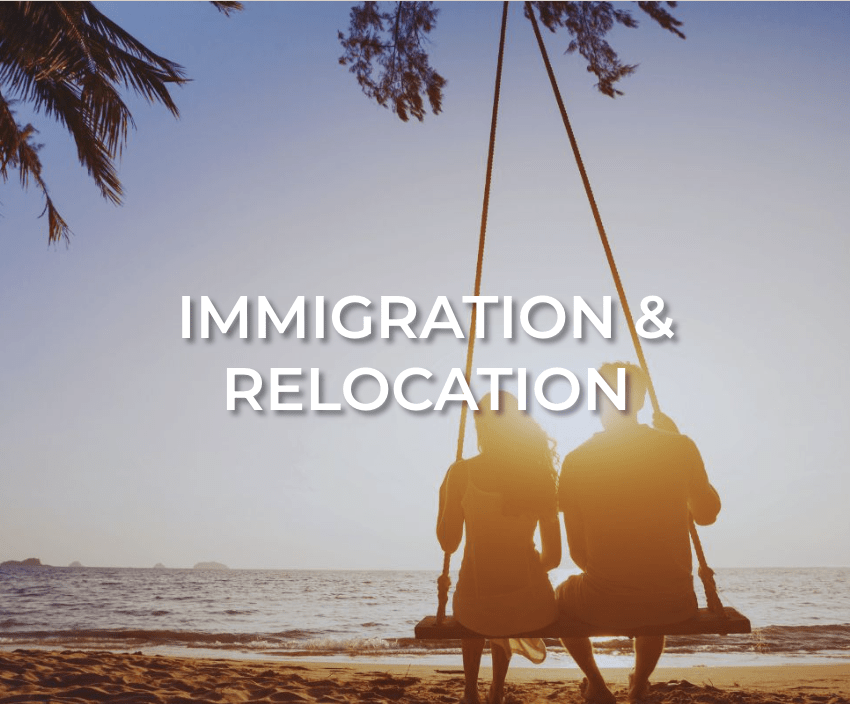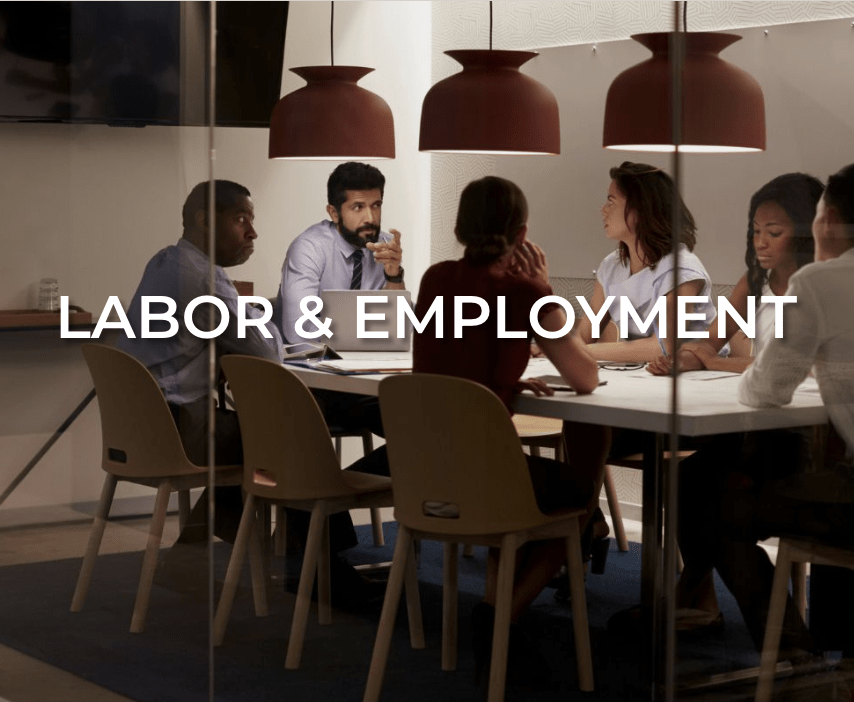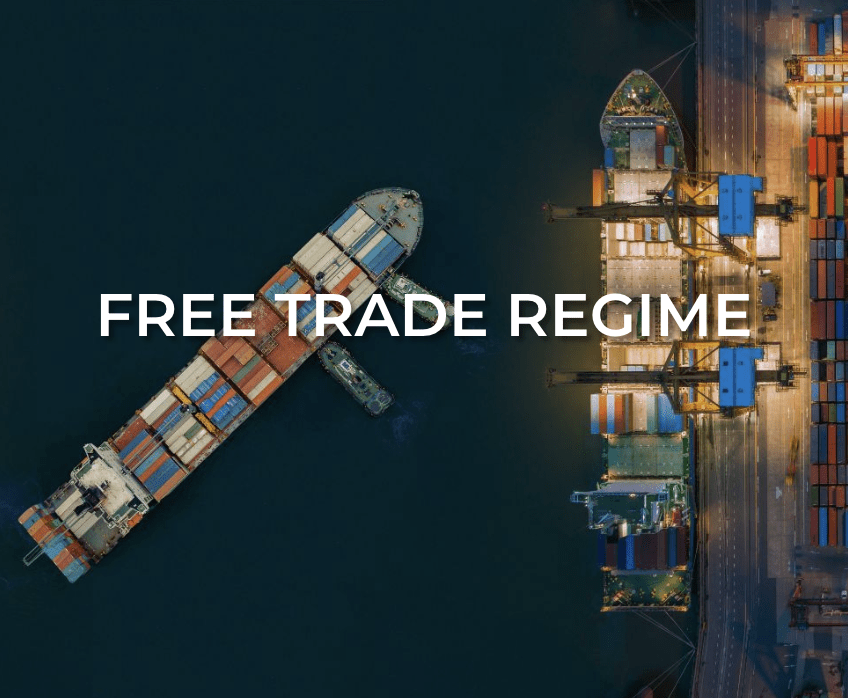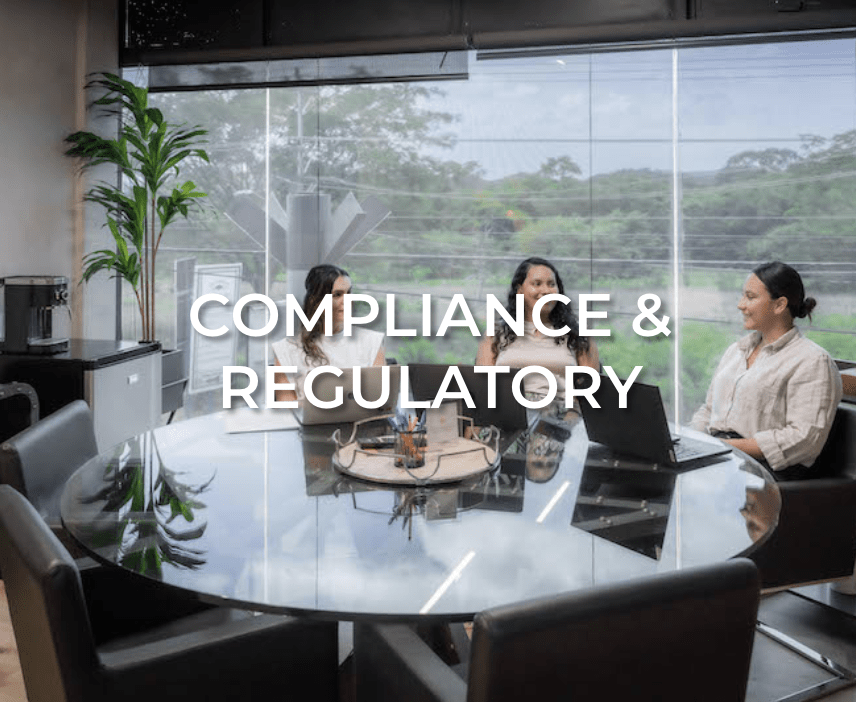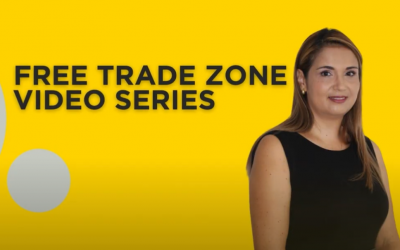

The Impact of Trump’s Tariffs on Costa Rica’s Free Trade Zones
by Quatro Legal Free Trade Regime Team | May 30th, 2025 | Article, Free Trade Regime

The United States has long been Costa Rica’s most important trading partner. According to data from the Costa Rican Foreign Trade Promoter (PROCOMER), approximately 50% of Costa Rica’s exports are destined for the U.S. market. This percentage has grown steadily since the implementation of the Central America-Dominican Republic Free Trade Agreement (CAFTA-DR) in 2009, largely due to the tariff preferences the agreement provides.
A significant portion of Costa Rica’s exports come from companies operating under the Free Trade Zone Regime, with top export products including:
-
Medical devices
-
Needles, catheters, and cannulas
-
Medical prosthetics
-
Pineapple
-
Bananas
What Changed with the Executive Order?
On April 2, President Donald Trump signed Executive Order No. 14257, announcing a 10% tariff on imports from Costa Rica. This means that many Costa Rican goods entering the U.S. may now be subject to a reciprocal 10% import duty, a departure from the previous CAFTA-DR preferential treatment.
In response, the Costa Rican Ministry of Foreign Trade (COMEX) began gathering information and opened a dialogue with U.S. authorities to better understand the scope and implications of this measure for Costa Rican exports.
Are There Any Exceptions?
Yes. The executive order includes several exceptions outlined in Annex II, where goods are exempt based on their tariff classification. Exempted products include:
-
Copper
-
Pharmaceutical products
-
Semiconductors
-
Wood articles
-
Certain strategic minerals and chemicals
-
Energy and energy-related products
In addition, products that contain at least 20% U.S.-origin inputs in their production process may also qualify for partial exemption. In these cases, the 10% tariff applies only to the portion of the product not made with U.S. inputs. For example, if a Costa Rican product includes 25% U.S. materials, the 10% tariff would apply only to the remaining 75% of the product’s value.
What Does This Mean for Free Trade Zone Companies?
Companies in Costa Rica’s Free Trade Zone Regime benefit from a number of tax exemptions, such as duty-free importation of raw materials, components, packaging, and machinery. These incentives help maintain competitive export pricing.
However, with this new measure in place, U.S. customs authorities may require clearer proof of the origin of materials used in the final product. This adds a layer of complexity for exporters who now must ensure accurate documentation and traceability of inputs to determine tariff applicability.
A Note on Rules of Origin
Under trade agreements like CAFTA-DR, Rules of Origin define which goods qualify for preferential treatment. A product may still be considered “originating” if it meets certain value thresholds or transformation criteria, even when it includes non-originating inputs.
Executive Order No. 14257 also includes a clause allowing partial tariff relief if a product meets origin criteria based on minimum U.S. content, helping offset the impact in some cases.
What Should Exporters Keep in Mind?
Even though Costa Rica was hit with one of the lowest reciprocal tariffs (10%), this rate adds on top of any existing tariff. For instance, if a product already had a 5% duty under CAFTA, the total import tariff would now be 15% under the new rule.
The Costa Rican government is actively negotiating with the United States to seek better conditions for local exporters, especially since CAFTA’s tariff benefits were designed to expand over time, not shrink.
Final Thoughts
The situation is still evolving, and exporters should stay informed and ensure their compliance teams are tracking origin content and classification closely.
If you have questions about how this new tariff may affect your business or need guidance on structuring your export operations under the Free Trade Zone Regime, we’re here to help.
Disclaimer: The information provided in this blog post is for general informational purposes only and is not intended to constitute legal advice. While we strive to ensure the accuracy and timeliness of the content, laws and regulations are subject to change. For the most accurate and up-to-date information, please contact our office directly. Some images may be AI generated.
Get To Know Quatro Legal

We’re bringing empathy and excellence back to legal counseling. Quatro Legal is built on a bedrock of kindness, a passion for service, and a commitment to guiding you through your legal challenges with ease.
OUR SERVICES
EXPLORE BY
category
REAL
ESTATE
CORPORATE
COSTA RICA
LIFESTYLE
LABOR & EMPLOYMENT
CLIENT
TESTIMONIALS
FREE TRADE
REGIME
All Rights Reserved 2023 | Privacy

